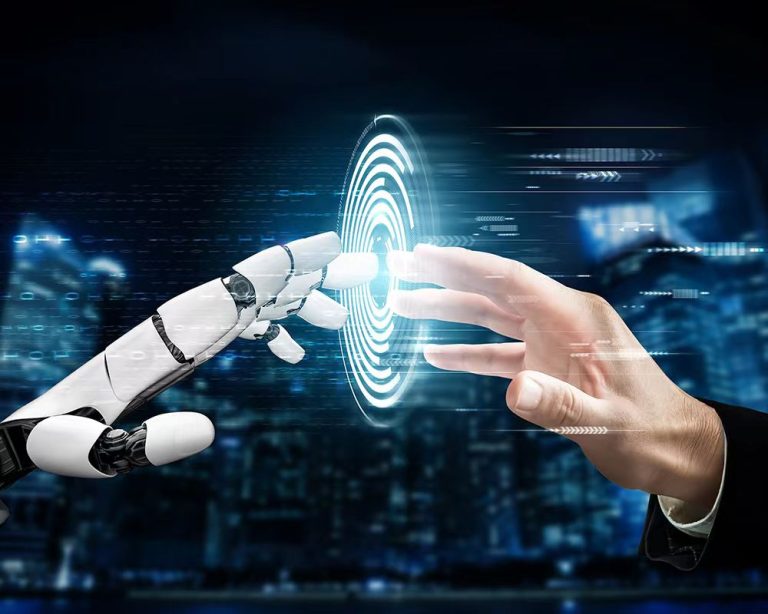As the automotive industry continues to evolve, various aspects of the driving experience are rapidly transforming. Haptic vibration technology, as a crucial component of human-machine interaction, is becoming a key innovation in enhancing driving comfort, 安全性, and entertainment. This article explores the future development trends of haptic vibration technology in automobiles and the potential transformations it may bring.
Integration of Haptic Feedback with Driver Assistance Systems
Haptic feedback technology delivers important information to drivers through in-vehicle touch interfaces, steering wheels, seats, and other components. This technology can be deeply integrated with advanced driver assistance systems (ADAS), serving as a critical method of alerting drivers. 例えば, when a vehicle drifts out of its lane or is about to collide, the steering wheel or seat can vibrate to warn the driver. This direct and immediate feedback is more timely and effective than visual and auditory alerts.
将来, as autonomous driving technology advances, haptic feedback will also be used to convey changes in the autonomous driving status to the driver, helping them better understand and control the vehicle’s dynamics.
Personalized and Adjustable Haptic Experience
Future haptic vibration technology will become more personalized, allowing users to adjust the intensity, frequency, and pattern of haptic feedback according to their preferences. 例えば, some drivers may prefer strong vibrations for clearer warnings, while others may favor gentler tactile sensations to avoid disruption. Through personalized settings, haptic vibration can better cater to different users’ needs, 全体的な運転体験を向上させる.
Integration with Virtual Reality (VR) and Augmented Reality (AR)
The combination of haptic vibration technology with virtual reality (VR) and augmented reality (AR) will offer a new driving experience. 例えば, when a driver uses AR navigation, vibrations in the steering wheel or seat can complement visual information, providing a more immersive navigation experience. さらに, in driving simulators, haptic feedback can enhance the realism of the simulated environment, offering drivers a more lifelike training experience.
将来, as in-car entertainment systems continue to develop, haptic vibration will also be integrated with VR and AR gaming, providing passengers with richer and more interactive entertainment experiences.
The Future of Multimodal Interaction
The development of haptic vibration technology is not limited to single-mode tactile feedback; it will evolve towards multimodal interaction. This means that tactile, visual, auditory, and other sensory feedback will be integrated into a unified system, offering drivers more comprehensive information perception. 例えば, in an emergency situation, the vehicle may not only issue a warning through steering wheel vibrations but also simultaneously convey information via a head-up display (HUD) and the sound system.
Seamless Integration in Intelligent Cockpits
The intelligent cockpits of the future will seamlessly integrate haptic vibration technology into various in-car interfaces, making it an indispensable part of the cockpit experience. Whether it’s the operational feedback from the central control screen, warning vibrations from the steering wheel, or massage and reminder functions from the seat, haptic vibration will be a critical component of intelligent cockpits, providing users with a smarter and more comfortable driving experience.
結論
The application prospects of haptic vibration technology in automobiles are vast. It not only enhances driving safety but also offers a more personalized and immersive driving experience. テクノロジーが進歩し続けるにつれて, haptic feedback will play an increasingly important role in future vehicles. By integrating with other advanced technologies, haptic vibration will lead the automotive industry into a new stage of development, providing users with a smarter, more comfortable, and eco-friendly driving experience.







